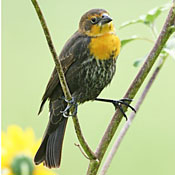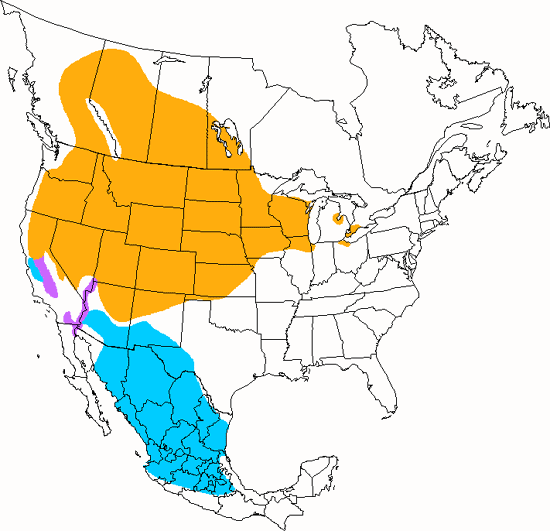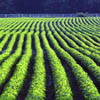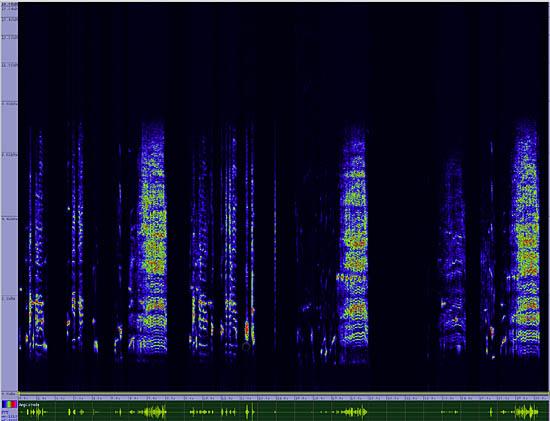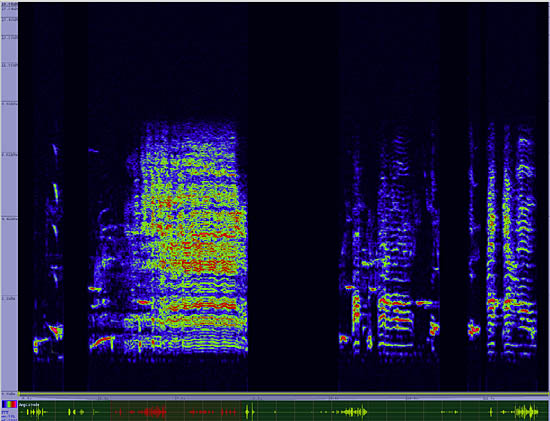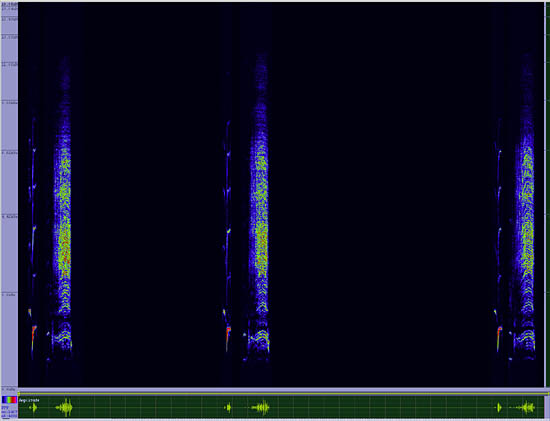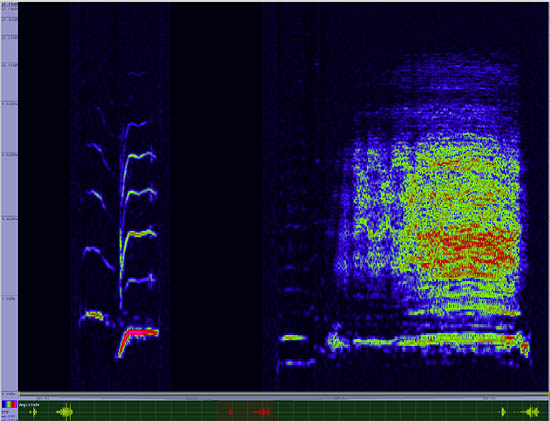The four-digit banding code is YHBL.

Perching
Yellow-headed Blackbird
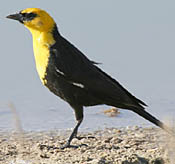
Length: 10 in. (24 cm )
View Citation
Bibliographic details:
- Article: Yellow-headed Blackbird
- Author(s): Dr. Biology
- Publisher: Arizona State University School of Life Sciences Ask A Biologist
- Site name: ASU - Ask A Biologist
- Date published: July 13, 2017
- Date accessed: December 3, 2024
- Link: https://askabiologist.asu.edu/activities/bird/yellow-headed-blackbird
APA Style
Dr. Biology. (2017, July 13). Yellow-headed Blackbird. ASU - Ask A Biologist. Retrieved December 3, 2024 from https://askabiologist.asu.edu/activities/bird/yellow-headed-blackbird
Chicago Manual of Style
Dr. Biology. "Yellow-headed Blackbird". ASU - Ask A Biologist. 13 July, 2017. https://askabiologist.asu.edu/activities/bird/yellow-headed-blackbird
Dr. Biology. "Yellow-headed Blackbird". ASU - Ask A Biologist. 13 Jul 2017. ASU - Ask A Biologist, Web. 3 Dec 2024. https://askabiologist.asu.edu/activities/bird/yellow-headed-blackbird
MLA 2017 Style
Be Part of
Ask A Biologist
By volunteering, or simply sending us feedback on the site. Scientists, teachers, writers, illustrators, and translators are all important to the program. If you are interested in helping with the website we have a Volunteers page to get the process started.







